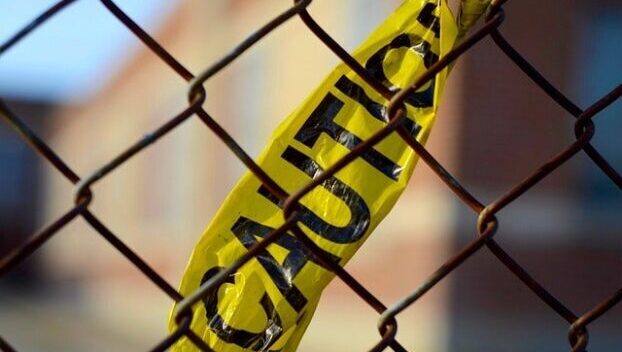Farmville town council makes decision on land bank proposal
Published 11:21 am Thursday, June 20, 2024
|
Getting your Trinity Audio player ready...
|
It needs a bit more work. That was the decision made Wednesday, June 12 by the Farmville Town Council, putting plans to create a land bank on hold. There was concern, both from residents and some council members, that the proposal, while created with good intentions, was too vague as it stood.
First, let’s give a quick refresher as to what a land bank is. In the Virginia Code, Section 15.2 talks about the powers that counties, cities and towns have. If you scroll down to Chapter 75 in that section, it outlines the fact any locality can put together a land bank. A land bank’s main purpose is to take over control of properties labeled as ‘blighted’, run-down or derelict, to renovate and restore the buildings in question. The county or town can assemble a land bank group of their own or appoint a non-profit organization and its governing board to handle the task.
Instead of the town condemning and tearing down the property, they can file a lawsuit against the owner, seeking approval from a judge to use a land bank in this situation. The town would be asking the judge to give control of the property temporarily to the land bank, which would act as the “receiver”, that is, the entity assigned to renovate the property and get it up to town standards. The group then sets up a bank account for the property, gets an estimated cost for repair and presents a plan to the judge overseeing the case. The land bank group can then enter into contracts with those who will be making the repairs, while providing monthly reports to the judge as the work goes on.
Concerns raised about land bank
But while the idea might be good in practice, without clear guidelines in place, there was some concern it could do more harm than good.
“It makes me very nervous about our property rights,” said Mike Yates. Speaking on behalf of his aunt Mary Yates, a Farmville landowner who couldn’t be at the meeting, Mike raised a hypothetical. “When we have, for the best of intentions, government being able to take someone’s property, you need to be very very careful going down that pathway. This could be used against a lot of property.”
Imagine an 80-year-old couple needs repairs done on their house’s roof, but can’t pay for it, he said. Does that mean their house might be taken? And if they can’t afford the needed repairs, does that mean they become homeless?
“(It’s) for the safety of the individuals,” Mike Yates said. “We’re trying to save them from themselves, because they’ve got a hole in the roof. (But) by saving them, we’re gonna take the house away from them.”
He referenced the part of the Virginia Code where this proposal stems from, as it refers to “derelict and blighted properties’, but doesn’t specify what exactly that’s defined as.
“What is that, paint popping off a house? There’s $20,000 (to fix) that. Need a new roof? $20,000 for that,” Mike Yates said. “Let’s go inside the house. You’ve got copper appliances, got to replace that. This is a bad idea.”
Council member John Hardy agreed that the hypothetical Yates presented could happen.
“When we’ve discussed this, the discussion has been condemned, condemned, condemned, is what we talk about these properties are,” Hardy said. “But then when we read the ordinance, it does say ‘addressing vacant, abandoned, tax delinquent or derelict.’ Now that does not mean condemned. I think it should be a little more defined, because this could be interpreted as somebody needs a new roof, as the example given.”
The problem with the ‘Dillon Rule’
Farmville is limited in how much it can restrict or define the land bank’s purview, Town Manager Dr. Scott Davis said. That’s because Virginia is a Dillon Rule state. The Dillon Rule says local government gets their power from the state legislature. That means they can only use power explicitly given to them by the state. If something isn’t explicitly stated in the Virginia Code, then cities or towns can’t do it.
And in this case, Davis pointed out, the land bank ordinance is straight from the Virginia Code.
“As a Dillon Rule state, we can only do what the legislature allows localities to do,” Davis said.
Council members said they’d like to take more of a look at the ordinance and what options there are, if any, to adjust it. By unanimous vote, they agreed to discuss it during one of their work sessions.
Now that doesn’t mean it’ll be discussed again in July. Since the council’s work session would fall on July 3, and that’s Fireworks After Dark night in the downtown, they scrapped the July 3 meeting. Instead, this will be looked at during the council’s work session in August.






